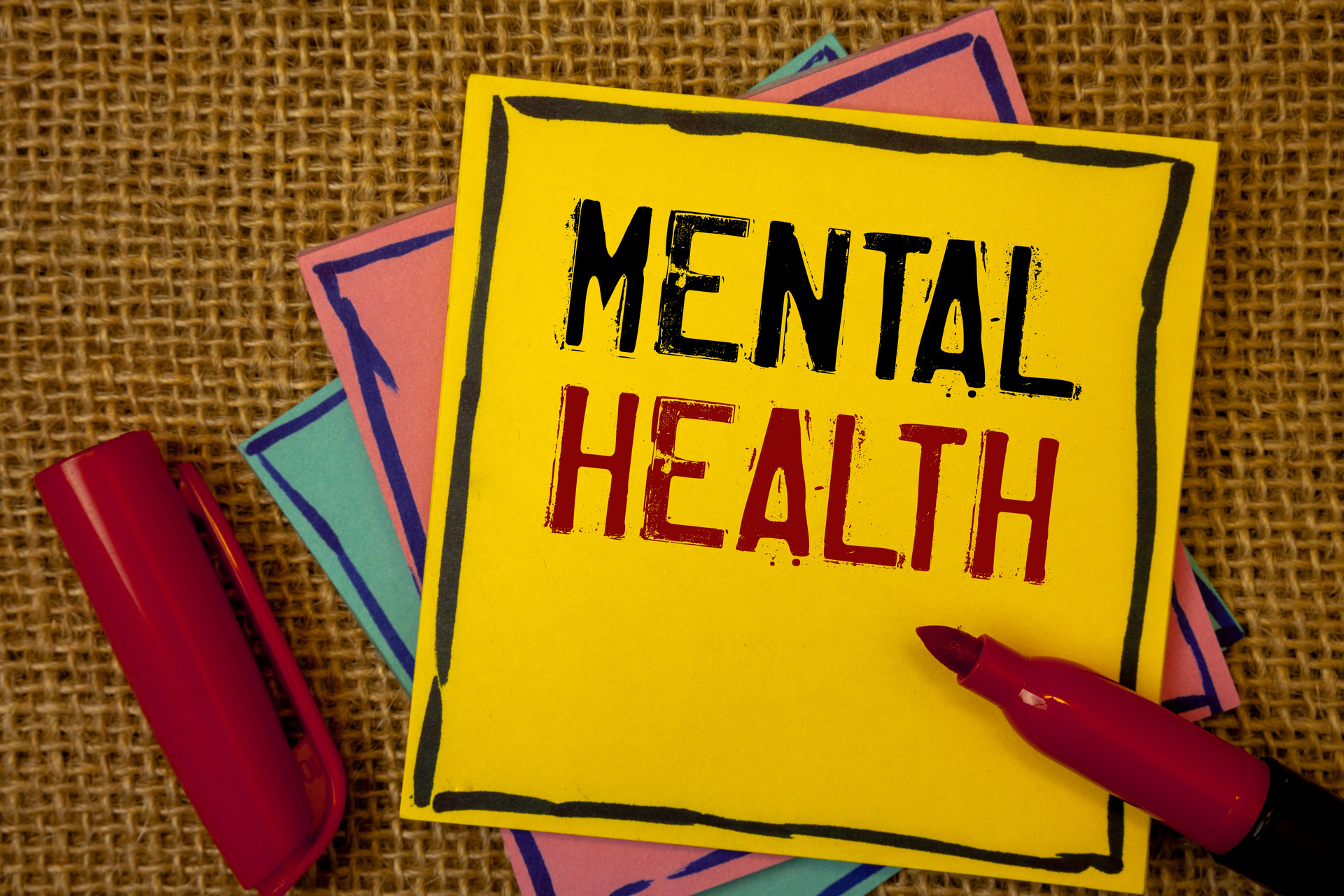Mental health is in the forefront as an impact of the coronavirus pandemic. A new article in The Atlantic discusses widespread increases of anxiety, depression and substance abuse since the onset of COVID-19. A Kaiser Family Foundation survey found that this public health crisis has negatively affected the mental health of 56 percent of adults. The manifestations of post-traumatic stress – from spontaneous conflicts in retail stores to health care workers taking their own lives – have become common on the daily news.
Now, more than ever, the mental health of employees in the workplace is an immediate concern for employers. The impacts on productivity, quality control, and business continuity are there alongside the health and safety of all workers. Financial insecurity and lost jobs raise concerns over workplace violence. For many workers, their home has become their new workplace, as adverse impacts of domestic and child abuse are emerging with disturbing frequency.
A variety of mental illness factors cost American employers more than half a trillion dollars annually. Investment in improving employee mental health and alleviating some of the stresses causing anxiety and depression yield valuable human and economic returns. Employers can take concrete actions to help their employees get the assistance they need.
Remove the Stigma of Mental Illness–Although it has been almost 25 years since passage of the Mental Health Parity Act, which considers mental illness on the same basis as any other illness, the stigma of mental health still hangs on. Mental illness is too often viewed as a “weakness,” those who suffer from it characterized as “disturbed” or worse, and the troubles it causes as “all being in your head.” The truth is that mental illness is real illness and requires treatment in the same way cancer, diabetes, or pneumonia does. By communicating supportively and offering real help for employees’ mental health, employers can constructively break down the stigma and encourage early treatment before mental health issues become a crisis.
Communication That Educates – Employers who deal with workplace mental health realistically are doing more than just eliminating negative attitudes about mental illness. They are educating employees on how mental health impacts their work; teaching them valuable skills for managing stress and resolving the kind of issues that lead to depression, anxiety, or burnout. Resources for educating the workforce in stress reduction, conflict management, and personal resiliency are among the training available through Keenan SafeSchools/Keenan SafeColleges/Keenan SafePersonnel platforms.
Supervisors Need to be Onboard – Your supervisory and management team are the front-line people who work directly with the most employees. Just as important as general employee education on mental health, educating supervisors about mental health, and supporting their employees helps mitigate the impact of mental illness in the workplace. An empathetic relationship between supervisors and their employees is a key success factor in addressing potential mental health issues early and encouraging the use of available mental health resources.
Professional Assistance Through Employee Benefits – Mental health benefits are vital to employees getting the treatment they need for mental health conditions. As one of the Essential Health Benefits provided under the Affordable Care Act (ACA), employer-sponsored health plans generally provide the range of treatments to address workplace mental health. In addition, an Employee Assistance Program (EAP) is effective for intervention for many immediate issues and response to major crises. These benefits make a real difference in people getting help without creating a financial burden or forgoing treatment altogether.
Employers bear a significant amount of the impacts of mental health. Confronting the challenges of workplace mental health compassionately and realistically, employers can also go a long way to reduce those impacts. While improving the vitality and safety of their facilities, they are also enriching the lives of their employees.
This blog is intended to be a compilation of information and resources pulled from federal, state and local agencies. This is not intended to be legal advice. For up to the minute information and guidance on COVID-19, please follow the guidelines of the Centers for Disease Control and Prevention (CDC) and your local health organizations.
